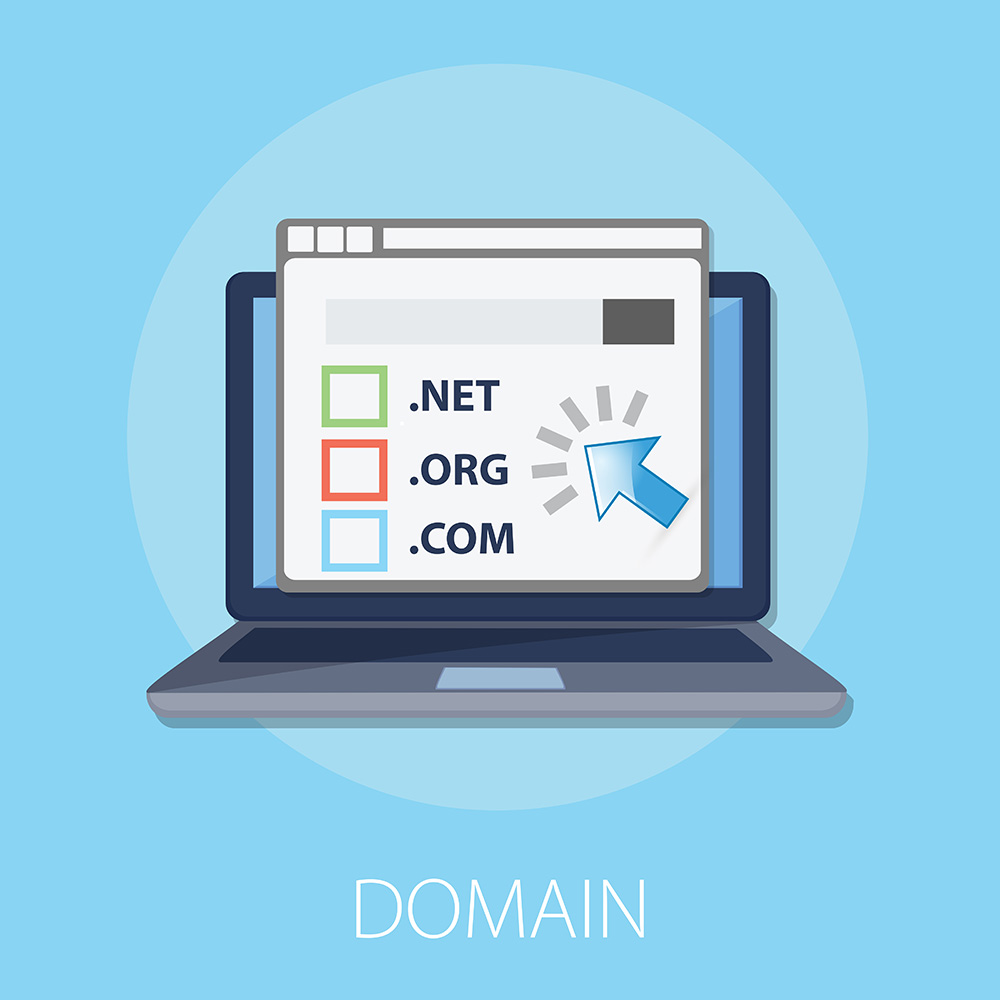Most web hosting providers give you a free domain name with any new hosting plan. If you are starting a new website, the chances are you probably already have a domain name in mind based on your business or brand name. Sadly, a domain name search is no longer straight forward and can be a long process. Your desired domain may well already be registered so you will have to start the process of choosing a different domain. There’s a lot to bear in mind when choosing a domain so here are some top tips to help you choose wisely.
Write Down 5 Words to Describe Your Website
When starting to search for a domain name, it’s a good idea to have 5 words or phrases which best describe the content of your future website. This way you can pair them together or add prefixes or suffixes to create a perfect domain. For example, if you are opening a florist you might have words like florist, flowers, bouquet, bloom, arrangements, and your desired website was perfectflowers.com now you could try perfectbouquet.com or bouquetarrangements.com.
Make your Domain Easy to Type
Unless your domain is easy to type you run the risk of losing repeat business. If you are spending money on marketing you want your users to remember your website and come back to it, so keeping your domain name easy to type will help. Also try to avoid using slang such as ‘u’ instead of ‘you’ or misspellings like ‘xpress’ instead of ‘express’ which will make it harder for your customers to remember you and find you again.
Target Your Location
If your website is for a local business such as a shop or store, then targeting your location in your domain name is worth considering. Including your city or state in your domain such as bostonflorists.com can help create a strong brand. This can have some advantages in SEO and will help users identify you as a local business when they find you on the internet.
Avoid Hyphens and Numbers
Numbers and Hyphens can easily be misunderstood when read verbally. Customers won’t know if your website address includes 2 or two for example. If your business name includes a number maybe register the digit and text version of the domain to be safe. Hyphens are often forgotten or put in the wrong place and again are harder to verbally read.
Use an Appropriate Extension
Domain names all have an extension at the end of the domain called a TLD (Top Level Domain). There is no real difference between the TLDs, however, we advise that you use an appropriate extension for your website. For example .com is the most well recognised TLD no matter where in the world your business is located, but it is also the most commonly registered making the pool of suitable domains left very small. There are other TLDs which are perfectly fine to use and new ones are being created all the time to allow users to register the most suitable domain for them.
Here are some examples of how different website types typically use TLDs:
-
.info : informational sites
-
.net : technical, internet infrastructure sites
-
.org : non-commercial organizations and non-profits like charities
-
.biz : business or commercial use, like ecommerce sites (Although .com is preferred)
-
.me : blogs, CV/resumes or personal sites
-
.co : an abbreviation for company, commerce, and community
There are also many localized TLDs such as .ca, .co.uk and .com.au. So if you are a UK based company using .co.uk will help identify your location to your users. It can also help search engines know where to list your website. If your desired domain is not available don’t choose the wrong local domain. For example if you are a Boston florist and bostonflorist.com is taken, don’t use bostonflorist.co.uk just because it’s available. This is very confusing for users and search engines.
Avoid Copyright Infringement
It is always a good idea to check if your domain infringes on any copyright or trademarks. The last thing you want is to be embroiled into a legal battle over your domain and ultimately lose it and any hard work you have put into building a reputation. We strongly advise you to do your research in your local areas and nationally before committing to a domain.

